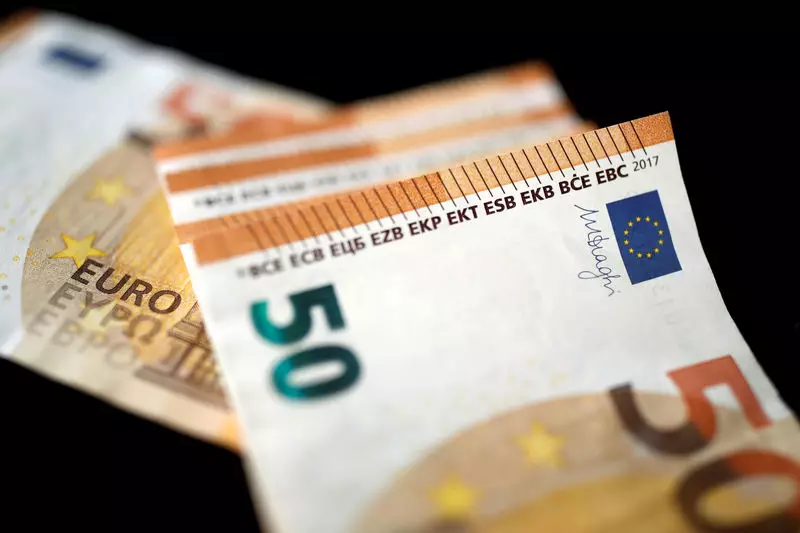The Future of the Dollar Amidst Political Dynamics: A Goldman Sachs Perspective

The US dollar has maintained a prominent position in global finance for over a decade, largely attributed to economic stability and investor confidence. Recent insights from Goldman Sachs underscore this resilience, suggesting that specific political scenarios could significantly reshape the dollar’s trajectory. As the landscape shifts with impending elections, the influence of tariffs and their implications for foreign exchange (FX) markets could be profound.
According to Goldman Sachs strategists, the upcoming elections pose critical questions regarding the dollar’s strength. A Republican sweep could propel the dollar to new heights, as it is expected to usher in significant tariff increases and domestically focused tax cuts. Such policy changes would likely amplify the dollar’s appeal to investors seeking stability and growth. On the other hand, a split Republican government might not yield the same level of dollar exuberance. This scenario points towards a more subdued rally, suggesting that political cohesion plays a vital role in shaping currency performance.
When visualizing the potential impact of a Democratic sweep, the outlook shifts. A unified Democratic government is expected to recalibrate market expectations and likely lead to a decline in the dollar’s value, as traders re-evaluate the implications of revised tariff structures. This presents an intriguing dynamic: while a Republican direction may fortify the dollar, a Democratic shift might temporarily destabilize it in the eyes of market participants.
The consequences of US political developments are not confined to the dollar alone; they extend to various currencies worldwide. Goldman Sachs highlights that currencies such as the Mexican Peso, Chinese Yuan, South Korean Won, Euro, and Australian Dollar stand to be significantly affected by changes in US tariff policies. Recent volatility in these currencies suggests that they could witness relief amidst potential tariff adjustments, depending on the election outcomes.
In a Republican-led scenario, the Chinese Yuan could experience depreciation, potentially dropping to around 7.40 against the dollar. The Euro might follow suit, facing declines that range from 3% to as much as 10% in the event of sweeping tariffs and concurrent tax cuts. Such shifts underscore the interconnectedness of global currencies and the importance of US trade policies in shaping their value.
Goldman Sachs advises a cautious approach towards market estimates based on past tariff experiences. They emphasize the need for investors to temper their expectations, as historical data may not fully reflect the unfolding political landscape and its ramifications on currency valuation. Their recommendation leans towards longer-dated trade strategies aligned with Republican outcomes, recognizing the increased potential for dollar appreciation in such scenarios.
While the dollar’s future appears bullish under certain political conditions, uncertainty remains. Goldman acknowledges that US policies are just part of the broader narrative influencing FX outlooks. They also flag potential downside risks, especially if China’s economic stimulus leads to unexpected global growth rebalancing. The challenge for investors will be navigating these complexities and embracing a nuanced understanding of the political and economic forces at play.
While the dollar’s strength has been steadfast, the upcoming elections may usher in changes that could alter its trajectory. Investors must remain vigilant, adapting their strategies to align with evolving political climates and their global ramifications.





